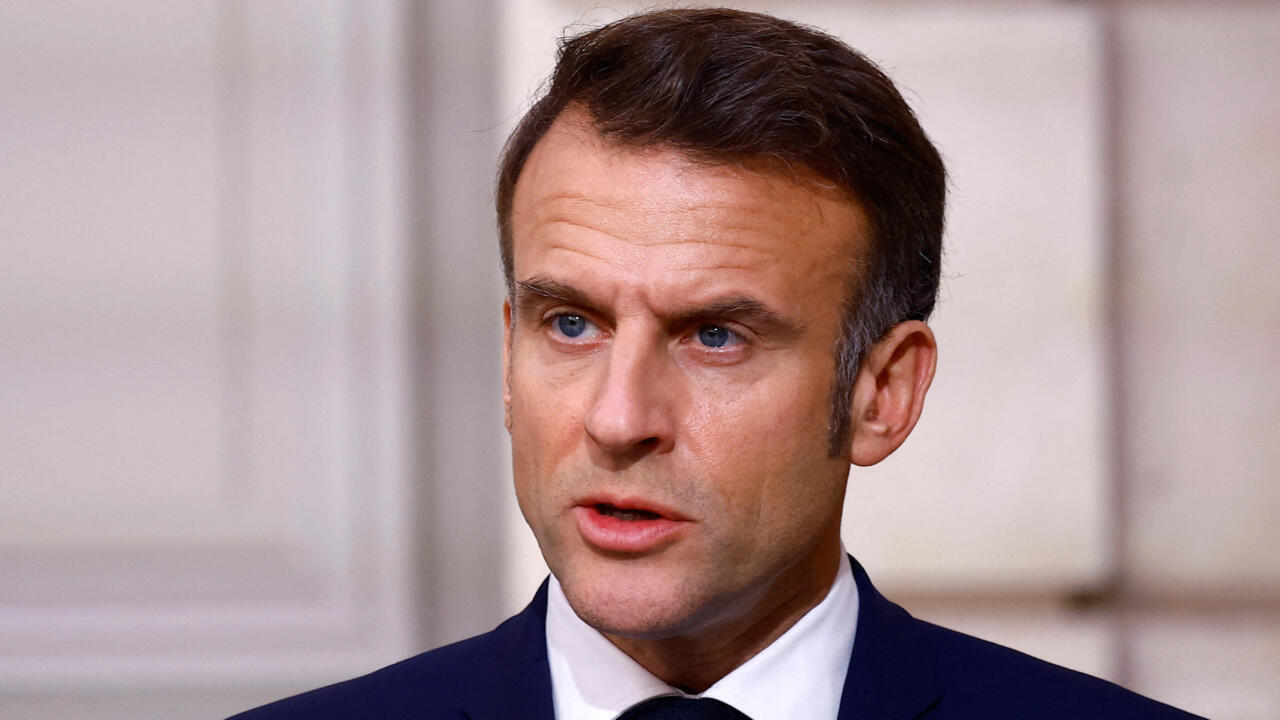
Western Leaders Condemn Africa-Russia Ties While Spending Billions on Russian Energy

Western leaders, including France, the European Union (EU), and the North Atlantic Treaty Organisation (NATO), continue to frame African cooperation with Russia as a dire threat, even as a recent report shows the blocs spent $1.2 billion on Russian energy.
A mid-August report by the Centre for Research on Energy and Clean Air (CREA) revealed that the EU was the largest buyer, purchasing 51 per cent of Russia’s LNG, followed by China (21 per cent) and Japan (18 per cent).
The EU’s five largest importers of Russian fossil fuels, namely Hungary (€485mn), France (€239mn), Slovakia (€169mn), Belgium (€102mn), and Spain (€66mn), paid a combined €1.1 billion ($1.2 billion). About 67 per cent of these imports were Russian natural gas, either via pipeline or shipped as LNG, while the remainder was largely crude oil delivered to Hungary and Slovakia via the southern branch of the Druzhba pipeline under an EU exemption.
France, the EU’s second-largest buyer, imported €239 million worth of Russian LNG. While carrying out business with Russia, Paris has been implicated in multiple destabilisation attempts aimed at overthrowing the three governments in the Sahelian Alliance due to their perceived pro-Russia stance.
France’s retreat from these countries in 2023 marked the collapse of its longstanding dominance in the region. Its continued reliance on Russian energy, despite EU sanctions, has revealed hypocrisy in both its foreign policy and vocal geopolitical position against Moscow, further eroding its influence as Mali, Niger, and Burkina Faso pivot toward Russia for security and economic ties.
About The Author
Mayowa Durosinmi
author
M. Durosinmi is a West Africa Weekly investigative reporter covering Politics, Human Rights, Health, and Security in West Africa and the Sahel Region
Mayowa Durosinmi
M. Durosinmi is a West Africa Weekly investigative reporter covering Politics, Human Rights, Health, and Security in West Africa and the Sahel Region
Related Articles
Asake Sets New Billboard Afrobeats Record as Chart Presence Grows
Asake has further cemented his place as one of Afrobeats’ most dominant...
ByWest Africa WeeklyJanuary 29, 2026Nigerians Lament PayPal’s Return as Old Wounds Resurface
PayPal’s reentry into Nigeria through a partnership with local fintech company Paga...
ByWest Africa WeeklyJanuary 29, 2026Tanzania Eyes Gold Sales as Aid Declines and Infrastructure Needs Grow
Tanzania is weighing plans to sell part of its gold reserves to...
ByWest Africa WeeklyJanuary 29, 2026Mali Tightens Grip on Explosives Supply With New Majority Stake
The Malian government has taken majority ownership of a civil explosives manufacturing...
ByWest Africa WeeklyJanuary 29, 2026












Leave a comment